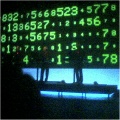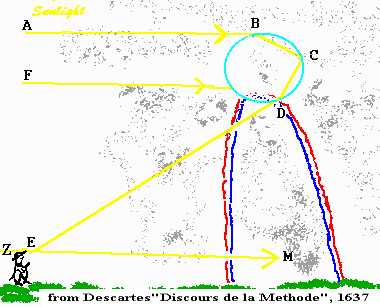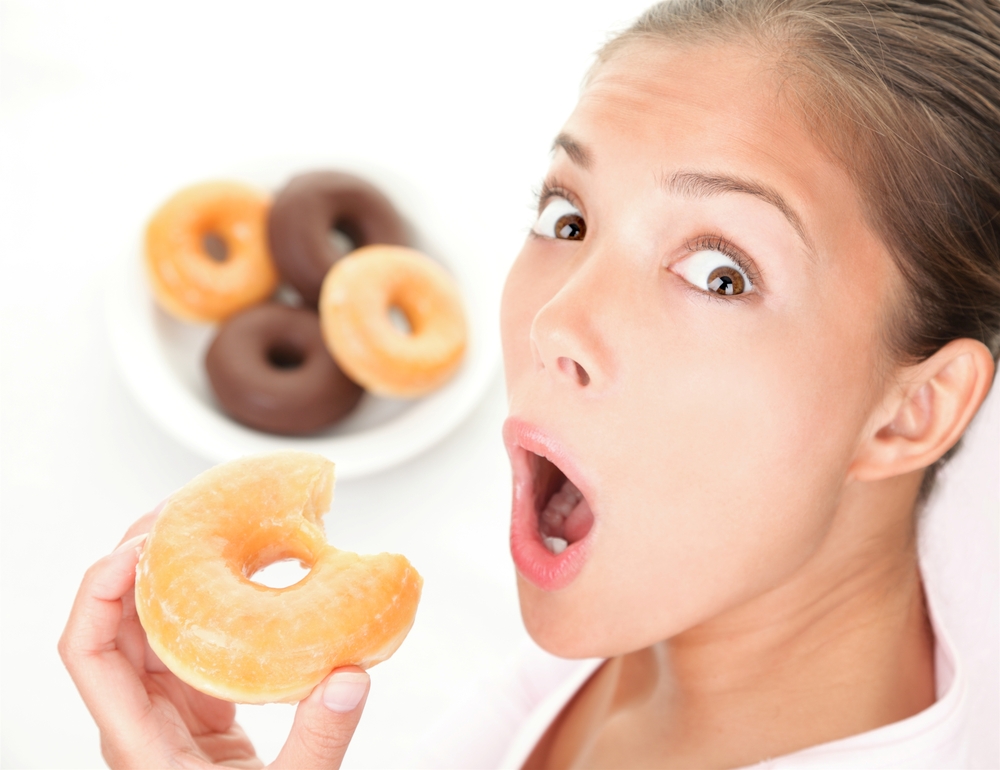 45 Percent Of People Try Diets And That's A Good Thing, Even If They Fail
45 Percent Of People Try Diets And That's A Good Thing, Even If They FailMost people who try a diet don't succeed in keeping weight off long-term and that is trumpeted...
 Declaring War On Frappuccino And Diet Soda Is Not A Valid Government Nutrition Guideline
Declaring War On Frappuccino And Diet Soda Is Not A Valid Government Nutrition GuidelineYou're not a Frank-people because you eat Doritos, despite what people writing lifestyle/diet...
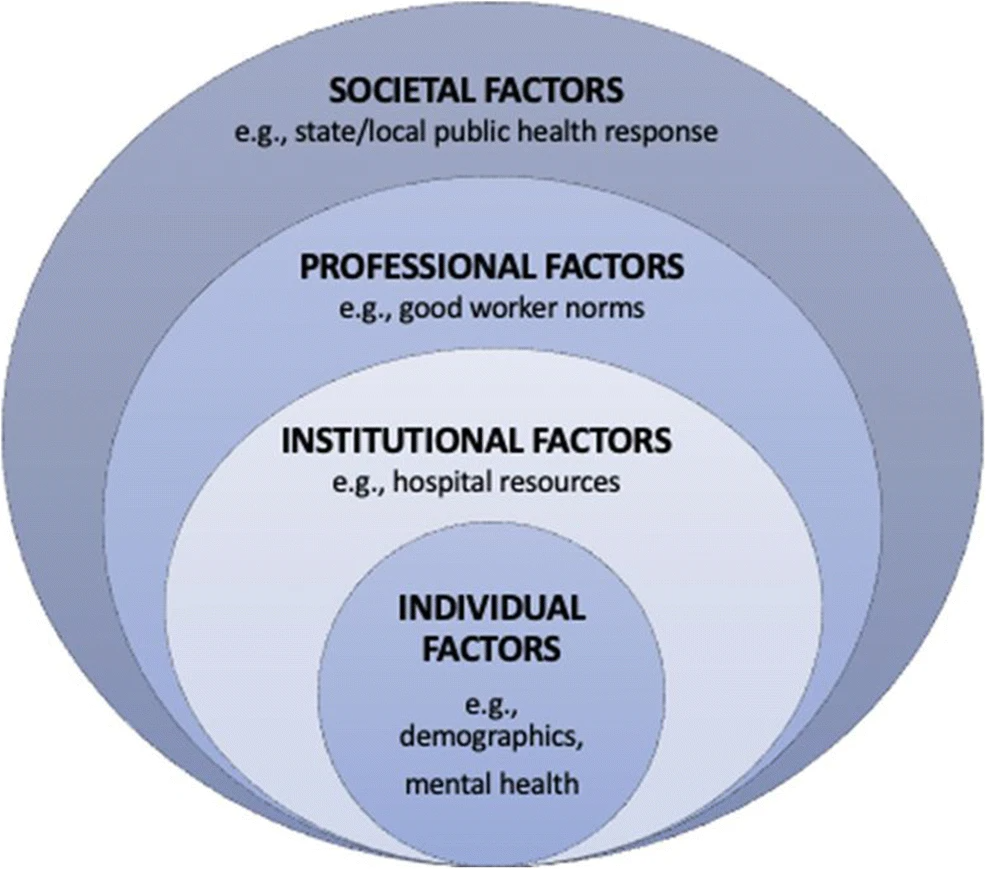 Physician Burnout Is Common - And Informal Rationing Is One Big Cause
Physician Burnout Is Common - And Informal Rationing Is One Big CauseIf the government promises every home a great gardener, most people recognize they won't get a...
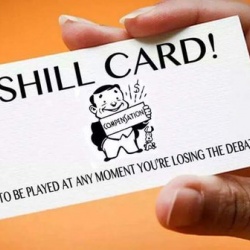 Cancel Culture Prevents The Best Researchers From Engaging With The Food Industry
Cancel Culture Prevents The Best Researchers From Engaging With The Food IndustryAfter Chris Wild took over the International Agency for Research on Cancer (IARC), a UN-funded...


